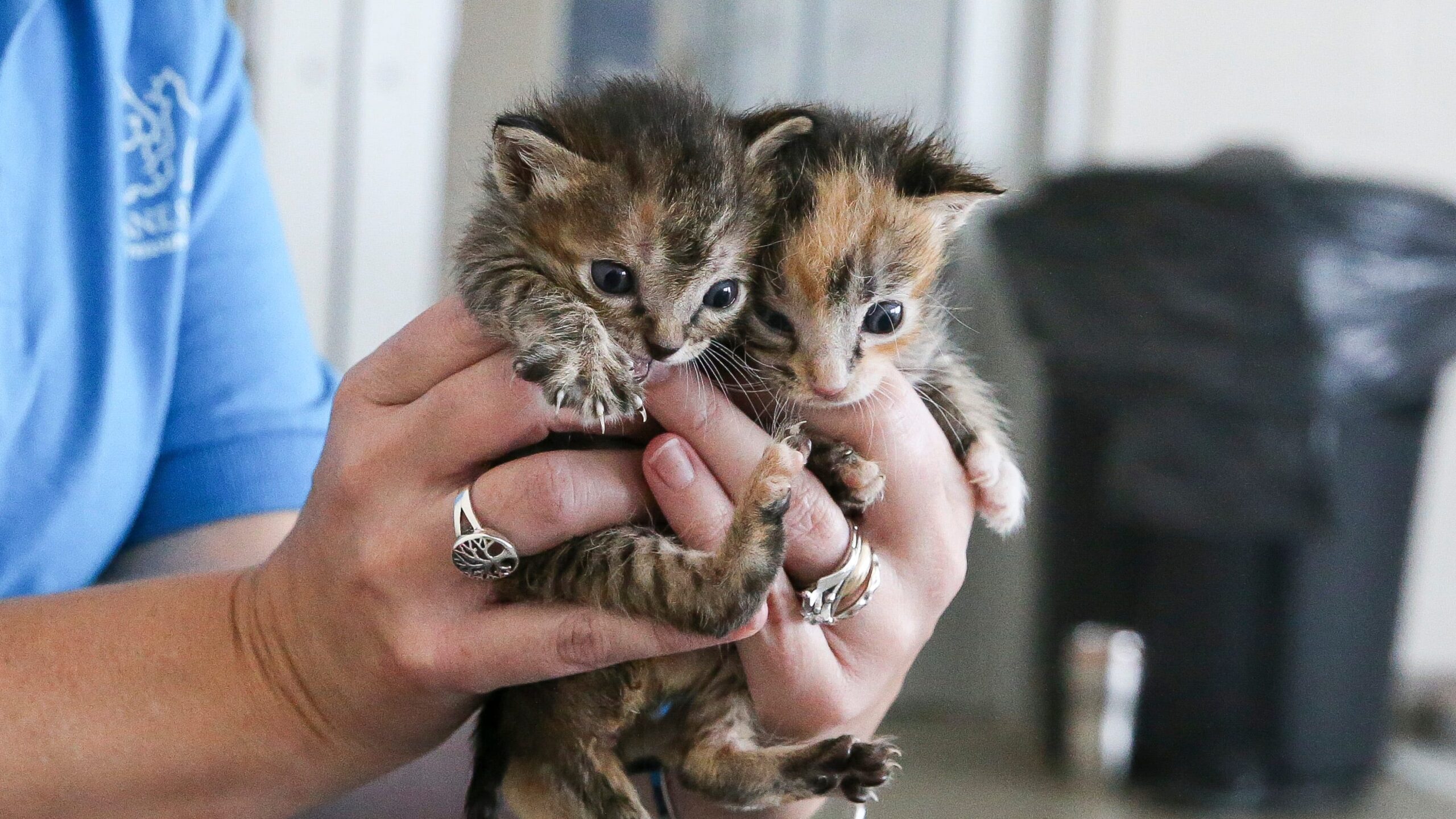

SUBMITTED BY THE OFFICE OF STATE SEN. MICHAEL MOORE
BOSTON — The Massachusetts State Senate on July 11 passed two bills which promote animal welfare.
S.2994 An Act protecting the health and safety of puppies and kittens in cities and towns ensures the safety of puppies and kittens during breeding, sale and boarding.
S.2992 An Act Protecting Research Animals, previously passed by the Senate in 2018 and commonly known as the “Beagle Bill,” encourages research facilities that use dogs and cats to offer these animals up for adoption after finishing research, rather than automatically euthanizing them.
Protecting Puppies and Kittens
An Act protecting the health and safety of puppies and kittens in cities and towns addresses inhumane practices relating to the transfer of pets. As separating puppies and kittens from their mother and litter prior to completion of their eight-week developmental socialization stage prevents them from learning important behaviors such as bite inhibition and the development of proper social relations with other members of their species, this bill prohibits the sale of puppies and kittens under eight weeks of age.
To promote continued well-being of puppies and kittens in group settings, this legislation tasks the Department of Agricultural Resources with creating Massachusetts’ first statewide oversight regulations and licensure requirements of breeders, doggie day care, and boarding facilities. The bill also ends the sale of animals on roadsides, parking lots, flea markets or in other public spaces.
“Everyone loves puppies and kittens. Unfortunately, a predatory underground industry has established itself as a supplier of these young pets, often leading to inhumane practices such as premature litter separation and roadside sales,” said state Sen. Michael Moore, D-Millbury. “This legislation makes broad updates and reforms to our legal code to ensure breeders are registered, regulated and governed by rules that put the welfare of puppies and kittens at the center. I am pleased to see the passage of this legislation – our family pets will be happier and healthier because of it.”
Beagle Bill
According to the U.S. Department of Agriculture, nationally more than 60,000 dogs, almost all beagles, and nearly 20,000 cats are used each year to advance scientific research and to test cosmetics, pharmaceuticals and other household products. Currently, many research labs choose to automatically euthanize these cats and dogs once their experiments are over.
An Act Protecting Research Animals, commonly known as the “Beagle Bill,” facilitates a relationship between animal research laboratories and registered nonprofit animal rescue organizations and requires that when these animals are no longer needed, the research facilities make every effort to place animals up for public adoption.
“Lab research animals deserve a shot at life just as much as any other pet,” said Moore. “I’m pleased to see the passage of legislation that requires cats and dogs be offered for adoption after they are no longer needed for research purposes. While we still have a ways to go to ensuring animals are treated humanely in research settings, this bill is important to making sure cats and dogs don’t only know a life of lab coats and cages.”